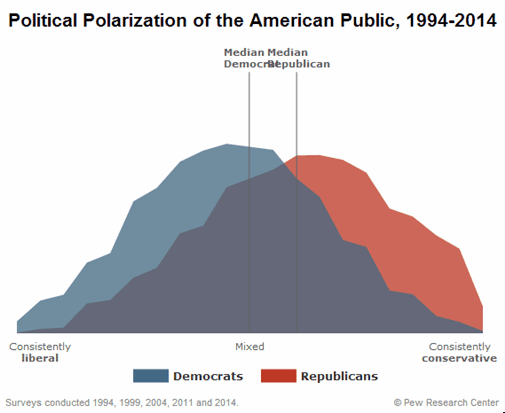The New York Times reports: The Federal Communications Commission announced on Tuesday that it planned to dismantle landmark regulations that ensure equal access to the internet, clearing the way for companies to charge more and block access to some websites.
The proposal, put forward by the F.C.C. chairman, Ajit Pai, is a sweeping repeal of rules put in place by the Obama administration. The rules prohibited high-speed internet service providers from blocking or slowing down the delivery of websites, or charging extra fees for the best quality of streaming and other internet services for their subscribers. Those limits are central to the concept called net neutrality.
The action immediately reignited a loud and furious fight over free speech and the control of the internet, pitting telecom giants like AT&T against internet giants like Google and Amazon, who warn against powerful telecom gatekeepers. Both sides are expected to lobby hard in Washington to push their agendas, as they did when the existing rules were adopted. [Continue reading…]
Ars Technica reports: In addition to ditching its own net neutrality rules, the Federal Communications Commission also plans to tell state and local governments that they cannot impose local laws regulating broadband service.
This detail was revealed by senior FCC officials in a phone briefing with reporters today, and it is a victory for broadband providers that asked for widespread preemption of state laws. FCC Chairman Ajit Pai’s proposed order finds that state and local laws must be preempted if they conflict with the US government’s policy of deregulating broadband Internet service, FCC officials said. [Continue reading…]
The Daily Beast reports: Citing an “unprecedented power grab of the Obama-era FCC” that is a “trojan horse for censorship,” pro-Trump websites like InfoWars and Reddit’s r/The_Donald applauded the Republican-controlled FCC for its plans to strip Net Neutrality protections on Tuesday.
Experts say, however, sites like InfoWars and fringe communities like 4chan would likely be the first to have their websites slowed down by telecoms in the new plan, unveiled by Trump-appointed FCC Commissioner Ajit Pai on Tuesday.
Tim Karr, the Senior Director of Strategy at the internet rights nonprofit Free Press, said Pai’s plan would allow telecom giants like Comcast to prioritize their own websites and properties, like Comcast-owned NBC sites.
In turn, this would slow traffic to fringe or non-mainstream political sites like InfoWars and 4chan—unless users paid more for a “higher tier” internet, which currently doesn’t exist. [Continue reading…]


